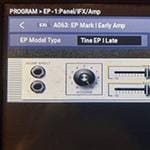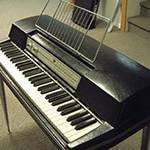Hello, Conservario here.
As you probably know, ukulele strings are consumable items.
Strings shouldn’t only be replaced when they break, but they should be replaced regularly.
However, I understand that you want to extend the life of your favorite strings.
Here are some tips to extend the life of your ukulele strings.
■ Wipe the strings when you are done playing.
When you have finished practicing, wipe all four strings.
Just doing this will considerably extend the life of your strings.
The strings actually begin to deteriorate the moment you play them.
Vibration deteriorates the strings, and hand sweat and hand oil further accelerate the deterioration.
Therefore, wipe them to remove hand sweat and hand stains.
Be sure to wipe with a cloth or tissue.
Some people wipe the surface of the strings only a few times like wiping a desk, but that doesn’t remove the dirt.
It is better than not doing anything at all, but if you wipe the strings, wipe both the surface and the back side of the strings (where the frets touch) carefully.
If possible, it is better to wipe one string at a time.
I understand the feeling of those who say “That’s such a hassle!” but this method really works.
New strings sound better, have longer sustain, and are smooth and easy to play.
On the other hand, old strings have a muffled sound, short sustain, poor glide, and unstable tuning... none of these are good things.
In order to prolong the good traits of new strings as much as possible, be sure to wipe the strings after playing.
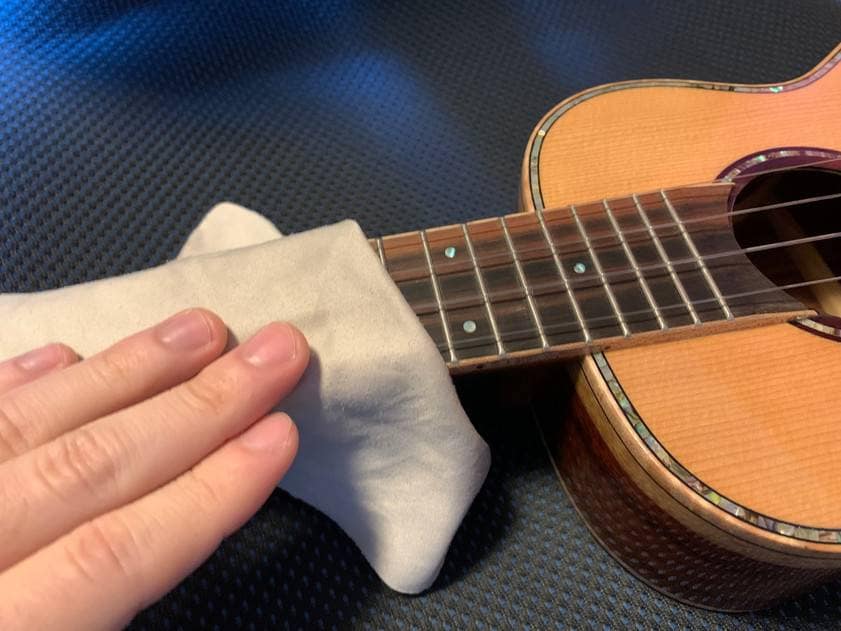
■ Apply string cleaner.
As the name suggests, this is a string cleaner.
By using string cleaner on strings, it removes dirt and makes them less likely to get dirty.
There are many products available from various manufacturers.
Finger Ease, a spray cleaner, can be used by spraying it directly on the strings.
However, considering the fingerboard, I recommend using a cloth with a cleaner on it to wipe the strings.
Using string cleaner will also prolong the sound of the strings.
If you like the sound of new strings, please use it.
However, too much cleaner will make the strings too slippery or change the sound.
Use a little and find the right amount yourself.
If you have sweaty hands, the strings will deteriorate at a much faster rate than if you don't have sweaty hands.
If you make it a habit to wipe the strings after you finish playing with the cleaner, you can enjoy playing the ukulele without worrying about sweaty hands.
JIM DUNLOP / Ultraglide 65 String Conditioner
■ Wash your hands before practicing.
I don't know how many of you do this, but it will definitely extend the life of your strings.
Many piano players wash their hands before practicing, but I don't think there are many ukulele players who wash their hands before practicing.
I mentioned that the strings deteriorate due to vibration, hand sweat and hand stains, but just washing your hands will reduce hand sweat and hand stains.
You will see that this alone is really effective.
If you find it troublesome to use cloths and cleaners, I recommend this method and it doesn’t cost a lot of money.
Nowadays, there are many opportunities to wash your hands.
I think many people have made it a habit to thoroughly wash their hands and sanitize them, but it actually has a positive effect on the strings as well.
I tend to have sweaty hands, so I use soap, but if your hands are usually dry, you may not need to use soap.
Too much of anything is not good.
Please find the best method while comparing the condition of your hands with the deterioration of the strings.
■ Summary
I have introduced methods to make strings last longer.
You can do all of them or just one, so please try the ones you think you can do.
Even if you make your strings last longer, you should change them every so often.
I am often asked the question, “When should I change my strings?”
However, the standard replacement time varies depending on your practice time and playing style.
If you don't know the condition of both new strings and old strings, you will not know when to change them at all.
So I’m going to tell you a very special trick.
Touch the back side of the string, or rather the underside.
Think of the front side as the part you press with your left finger and the back side as the part that attaches to the fretboard.
If you feel along the backside and it feels rough or lumpy, replace the string.
If the part where the string touches the steel fretboard is rough, the string is dead.
They may look pretty, but they are dead strings that can no longer be used for musical performance.
This method is recommended for beginners because it is easy to see the condition of the strings.
Some strings last longer than others.
They are called coated strings.
As the name suggests, the strings are coated with a thin film to prevent perspiration and hand stains.
They last several times longer than regular strings.
However, the coating has an effect on the sound.
At best, they sound sweet, but at worst they sound muddy.
You can either put up with the sound or get rid of the hassle by changing the strings.
There is no right answer, but please don't just change the strings without looking first.
Try both and see which one suits your style of playing and music.
Thank you for reading to the end.
The “sound & person” column is made up of contributions from you.
For details about contributing, click here.





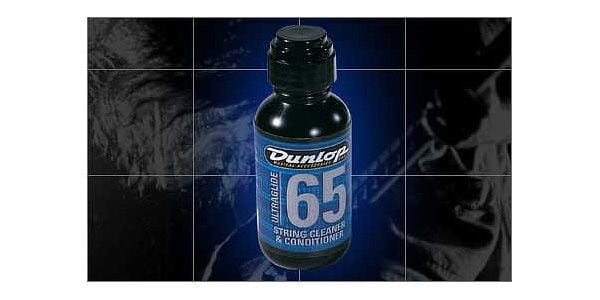

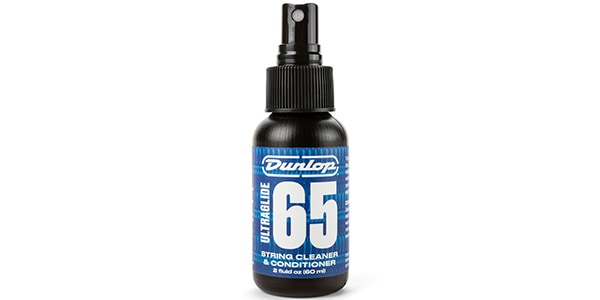
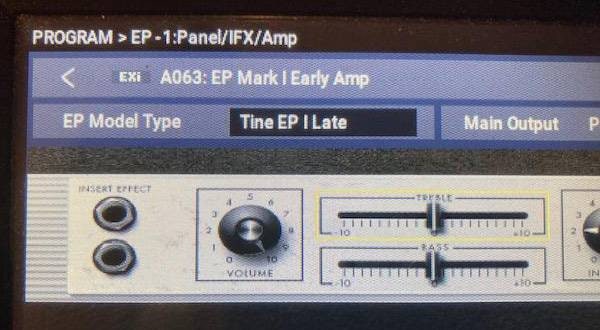
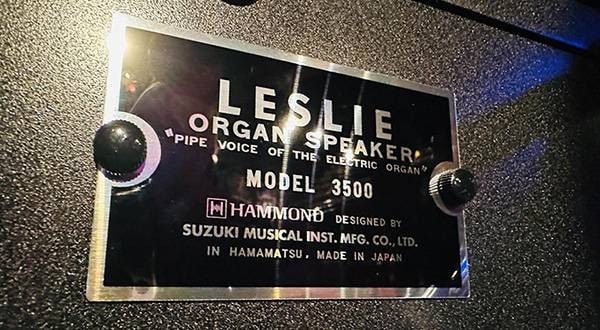
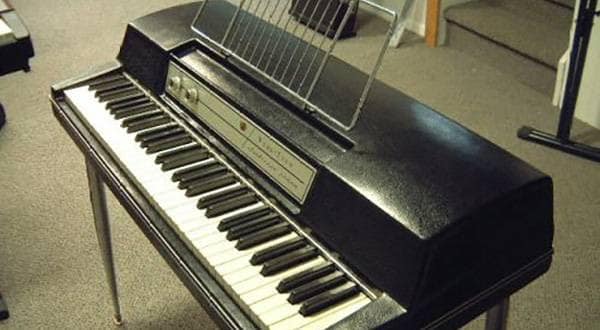
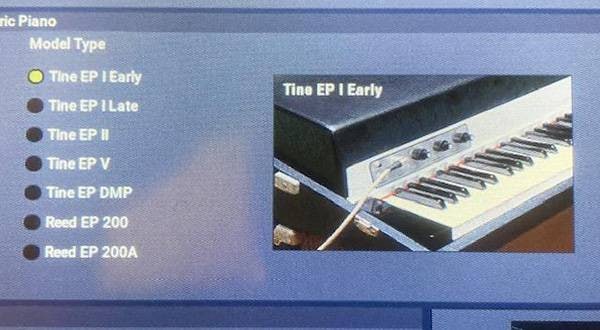
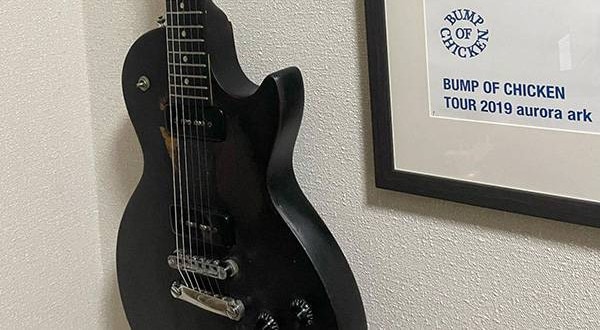
![[Enjoy the Ukulele Even More!] Thinking About Playing a Sound](/contents/uploads/thumbs/5/2022/3/20220317_5_17099_1.jpg)
![[Enjoy the Ukulele Even More!] Commonalities Between the Ukulele and the Guitar](/contents/uploads/thumbs/5/2022/3/20220317_5_17091_1.jpg)
![[Enjoy the Ukulele Even More!] For Those Who Feel Their Strumming Has Become Repetitive](/contents/uploads/thumbs/5/2022/2/20220228_5_16890_1.jpg)
![[Enjoy the Ukulele Even More!] Do I Have to Practice the Basics?](/contents/uploads/thumbs/5/2022/2/20220221_5_16789_1.jpg)
![[Enjoy the Ukulele Even More!] Ukulele Condition Check You Should Do](/contents/uploads/thumbs/5/2022/2/20220214_5_16699_1.jpg)
![[Enjoy the Ukulele Even More!] Basic Knowledge Before You Start Playing](/contents/uploads/thumbs/5/2022/2/20220214_5_16700_1.jpg)
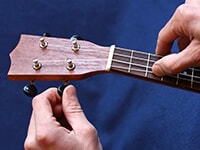 ウクレレのチューニング方法
ウクレレのチューニング方法
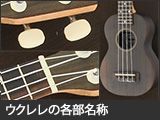 ウクレレの各部名称
ウクレレの各部名称
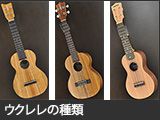 ウクレレの種類
ウクレレの種類
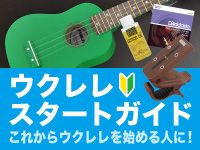 ウクレレスタートガイド
ウクレレスタートガイド
 めちゃラク!ギター講座
めちゃラク!ギター講座
 ウクレレ初心者講座
ウクレレ初心者講座
